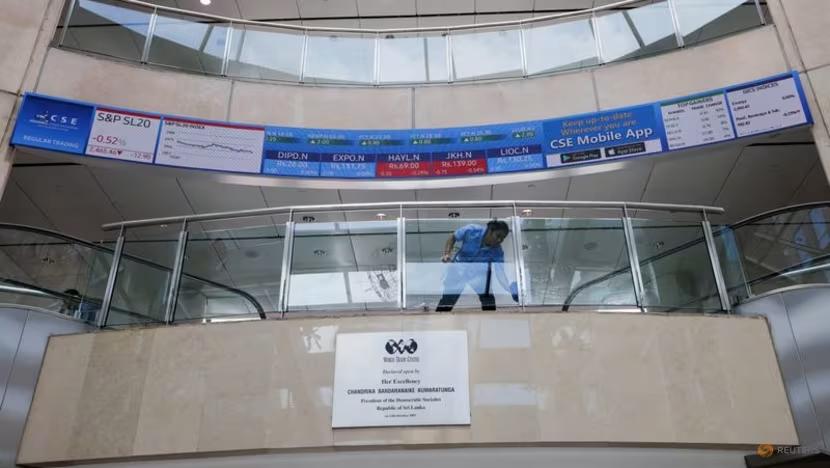
Investors Push for Better Governance in Sri Lanka
Investors burned by Sri Lanka's $12.5 billion debt default are leveraging the ongoing restructuring process to compel the nation's leaders to improve financial management and transparency.
A groundbreaking governance-linked bond, a first of its kind, has been introduced. This bond could reduce Sri Lanka's debt costs by 75 basis points if the country meets specific governance targets, including exceeding IMF revenue expectations and publishing detailed fiscal strategies.
The bondholders' approval of this restructuring package signifies a significant move towards incentivizing better governance in debt management. For Sri Lanka and its creditors, the stakes are high, as Nishan de Mel, executive director of Colombo-based Verité Research, aptly puts it, "This crisis is first a governance crisis, and that's what becomes an economic crisis."
The new bond structure not only offers potential savings of $80 million in interest payments but also sets a precedent for future debt restructurings, potentially influencing other nations to adopt similar governance-focused instruments.
A Trailblazing but Risky Approach
While hailed as a pioneering instrument, the success of Sri Lanka's governance-linked bond remains uncertain. Its effectiveness could significantly impact the future popularity of such instruments among investors and debtor nations alike.
Despite initial skepticism from some investors due to the complexity of the restructuring, the potential for wide-ranging change through increased transparency and accountability is immense. As Leland Goss, managing director and general counsel at the International Capital Market Association, notes, "If this works and people accept the restructuring and this goes into the market trading, people will follow and monitor this and they'll be held accountable through the media and the market."
The journey ahead for Sri Lanka and its governance-linked bond is fraught with challenges, but the potential rewards for both the nation and its investors could be substantial.









Comments